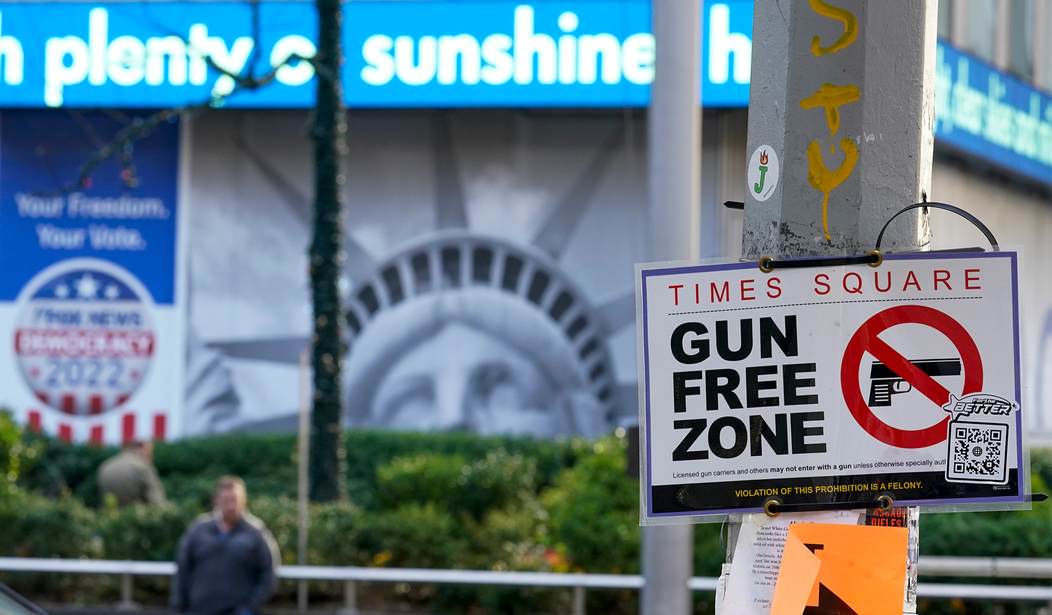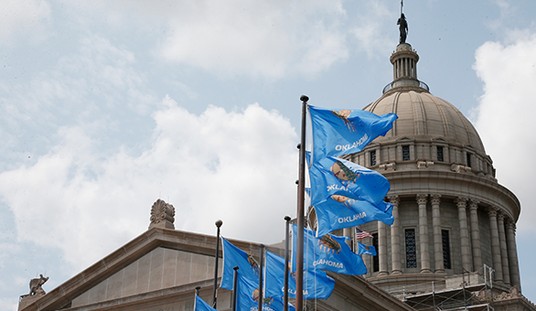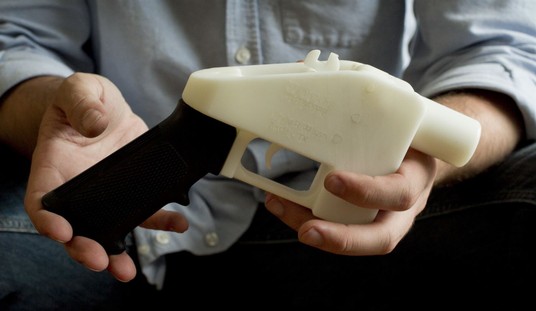When the Supreme Court turned away a request by Second Amendment advocates to step in and grant an injunction against many aspects of New York’s post-Bruen carry laws back in January, Justices Thomas and Alito said in an accompanying statement that the denial shouldn’t be seen as turning on the merits of their arguments. Instead, the Court wanted the Second Circuit Court of Appeals to do its due diligence on the issue, and in a timely manner as well.
It’s been nearly two months, which I guess still counts as pretty quick when the courts are concerned, and on Monday the Second Circuit is slated to hear oral arguments in five challenges to different aspects of the “Concealed Carry Improvement Act”, including the laws for concealed carry applicants as well as the huge number of “sensitive places” where concealed carry is now banned in the state. Antonyuk v. Nigrelli, Hardaway v. Nigrelli, Spencer v. Nigrelli, Christian v. Nigrelli, and Gazzola v. Hochul will all be heard by a three-judge panel in New York City at 10 a.m. Monday morning; a panel, by the way, that consists of one judge appointed by Barack Obama, one appointed by Joe Biden, and one appointed by George H.W. Bush.
Here’s a brief rundown on the cases heading their way.
Antonyuk v. Nigrelli was the first of the five cases to be decided. Judge Glenn Suddaby of the Northern District of New York was tasked with evaluating the state’s “good moral character” requirement and the state’s review of an applicant’s social media presence. He issued a 184-page opinion striking down those two provisions last fall.
As the Antonyuk case makes its way to the Second Circuit, it has attracted the attention of First Amendment groups who see the social media review as a threat to free speech. The Knight First Amendment Institute at Columbia University filed an amicus brief alongside the gun owners.
“The social media registration requirement burdens the right of applicants to speak anonymously and to associate privately and that it will inevitably chill protected speech, without any meaningful evidence that it will prevent gun violence,” the group wrote in a statement.
The Hardaway and Spencer cases dealt with local government restrictions on carrying weapons in houses of worship. Judge John Sinatra of the Western District of New York wrote in his Spencer decision that the CCIA “fails” to meet the requirements set forth by Bruen and violates citizens’ constitutional rights. He issued the same order in the Hardaway case.
“Ample Supreme Court precedent addressing the individual’s freedoms under the First and Second Amendments to the Constitution dictate that New York’s new place of worship exclusion is unconstitutional,” Judge Sinatra wrote.
Christian v. Nigrelli is a case challenging New York’s provision that firearms be banned from “all private property” without the express permission of the owner, which critics say makes nearly the entire state a “gun free zone.”
“Property owners indeed have the right to exclude,” the lawsuit reads. “But the state may not unilaterally exercise that right and, thereby, interfere with the Second Amendment rights of law-abiding citizens who seek to carry for self-defense outside of their own homes.”
It’s important to remember that these cases aren’t just about theoretical applications of the law or the scope of the Second Amendment. Real people are being impacted by these infringements every day, including Niagara Falls pastor Jimmie Hardaway Jr., who regularly carried (and allowed parishioners to do the same) at his church; at least until the CCIA suddenly made churches and other houses of worship “gun-free zones” unless they hired armed security guards.
Hardaway, of Trinity Baptist Church, and Rev. Larry Boyd, pastor of Open Praise Full Gospel Baptist Church in Buffalo, challenged the constitutionality of the CCIA, along with two national pro-gun groups, Las Vegas-based Firearms Policy Coalition and Bellevue, Washington-based Second Amendment Foundation in a lawsuit filed in the U.S. District Court for the Western District of New York. The suit sought to block a provision of the CCIA that bars individuals from bringing firearms into places of worship.
Boyd and Hardaway also sought to have the CCIA struck down in its entirety as unconstitutional.
Hardaway and Boyd have argued in the case that they would suffer irreparable harm, and that their Second Amendment rights would be violated, if the places of worship restriction was not blocked. In an affidavit accompanying the original lawsuit, Hardaway acknowledges that he is a member of the two pro-gun groups involved in the case and that he is licensed to carry a handgun in New York.
“Prior to the enactment and enforcement of the Place of Worship Ban, I would consistently carry a firearm on Trinity Baptist Church’s premises,” Hardaway said in the affidavit. “I would intend to keep carrying for self-defense and to keep the peace at Trinity Baptist Church.”
…
Hardaway has maintained that his church has an “open-door policy” that carries risk over “who will walk in the door for services.” The pastor also claims that the “horrific murders” of nine parishioners at Emanuel African Methodist Episcopal Church in Charleston, South Carolina, in 2015, has “stiffened (his) resolve to carry for self-defense and to keep the peace at Trinity Baptist stronger.”
I wish I could say I was confident that the Second Circuit is going to do the right thing and deliver a much-deserved smackdown to the CCIA, but based on the makeup of the three judge panel as well as the circuit’s historical hostility towards the right to keep and bear arms a slam-dunk for gun owners is certainly not assured. But the Second Circuit is only a way-stop for the lawsuits’ ultimate destination before the Supreme Court, and an adverse ruling from the three-judge panel wouldn’t be the end of the fight to restore the Second Amendment to its rightful place in state statute. Hopefully the Second Circuit will prove me wrong and rebuke New York for its continued infringements, but either way SCOTUS will soon have the opportunity (and obligation, I’d argue) to step in and address the post-Bruen abuses impacting responsible gun owners across the state.









